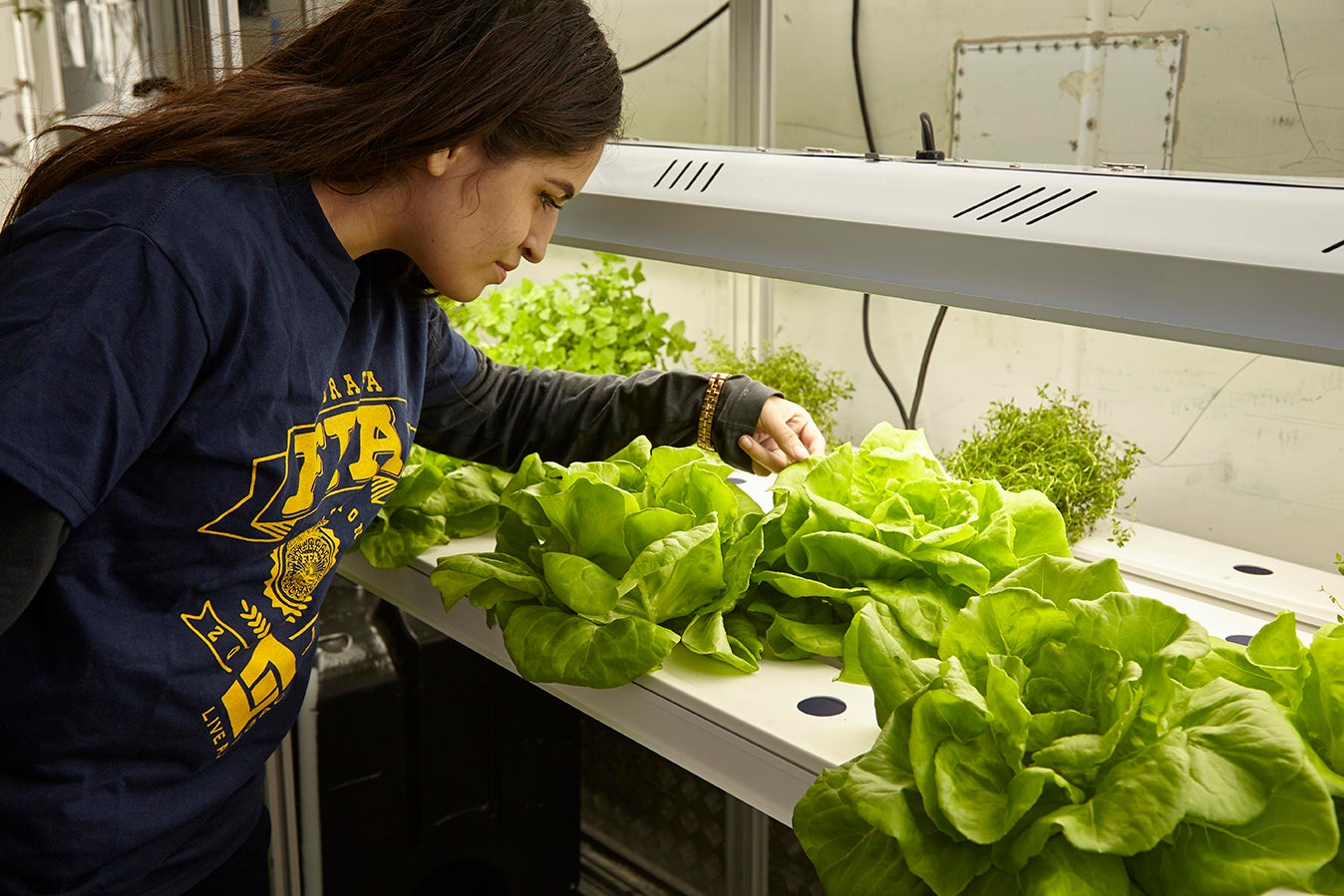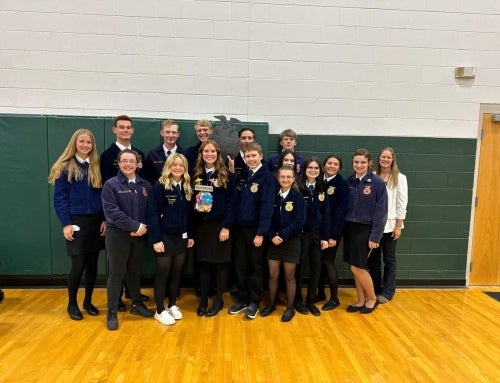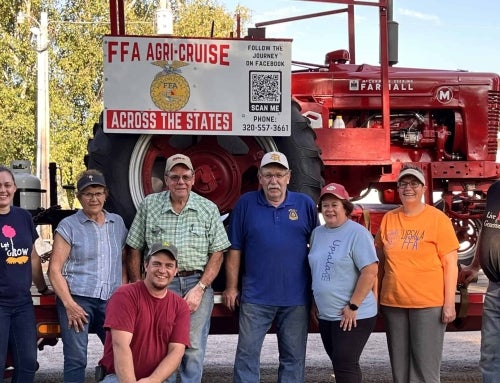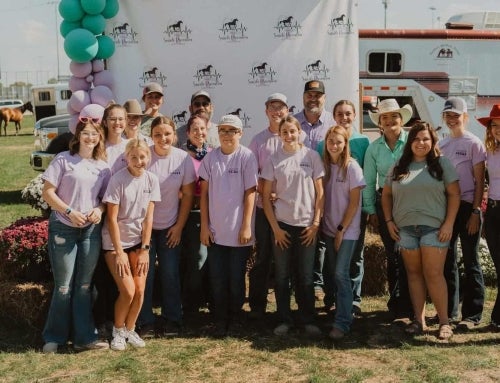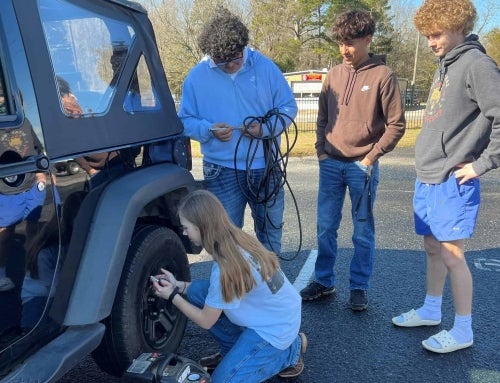National STEAM Day falls on Nov. 8, prompting students around the United States to celebrate all things science, technology, engineering, art and math. STEAM Day also encourages young people to identify their passions and consider future careers in these subject areas.
You may not realize it, but STEAM and agriculture careers often go hand in hand.
“The public’s perception of agriculture most times is cows, sows and plows,” says Erika Osmundson, director of marketing and communications for AgCareers.com. “While production agriculture is the backbone of the industry, there are so many other opportunities young people can consider. The agriculture industry is full of businesses that need R&D [research and development], human resources, IT [information technology], marketing, customer services, logistics and more.”
Skilled tradespeople are also in huge demand – think mechanics, millwrights, electricians, welders and others.
“The agriculture and food industry is broad and in need of a wide variety of skill sets,” Osmundson says.
Read on for five emerging careers that combine STEAM and agriculture.
- Biosecurity monitor. The COVID-19 pandemic put the public on high alert and heightened the need for experts in this field. Biosecurity monitors inspect and monitor cargo, animals, plants, land, water and products for pests (and viruses) to help curve future threats and control the spread of disease.
- Wildlife biologist. Recent wildfires have shed light on threats to wildlife along the West Coast. Wildlife biologists study animals and how they interact with their ecosystems, including how humans impact wildlife and their natural habitats. “If you enjoy the outdoors, hunting or fishing, this role could let you turn your hobby into a meaningful career,” Osmundson says.
- Data processor. If you like working with numbers, career opportunities abound in agriculture, from accounting to research. The agriculture and food industry relies on data to make decisions. Data processors collect, interpret and organize data, then relay it to decision makers.
- Mechanical engineer. The agriculture and food industry focuses on efficiency, and mechanical engineers help processes run as efficiently as possible. They are involved with the generation, distribution and use of energy. Mechanical engineers help improve automation in processing lines, design mechanical devices, develop and test prototypes of new machinery, and oversee manufacturing processes in our food system and in equipment manufacturing.
- Geospatial analytics specialist. The demand for technology in precision agriculture is growing exponentially. Geospatial analytics specialists assess, integrate, manipulate and extract data from GPS and other databases and use it to improve software. They plan, prepare and maintain maps and geographic representations. “From drone to geospatial technology and more, young people should consider agriculture if they’re interested in being on the forefront of technology use to improve food, land, water, energy and the environment,” Osmundson says.
Explore more STEAM career paths at AgExplorer and AgCareers.com, including 250 career profiles that give a description of the role, skills and education required for it, organizations and associations to participate in, and more helpful information.

